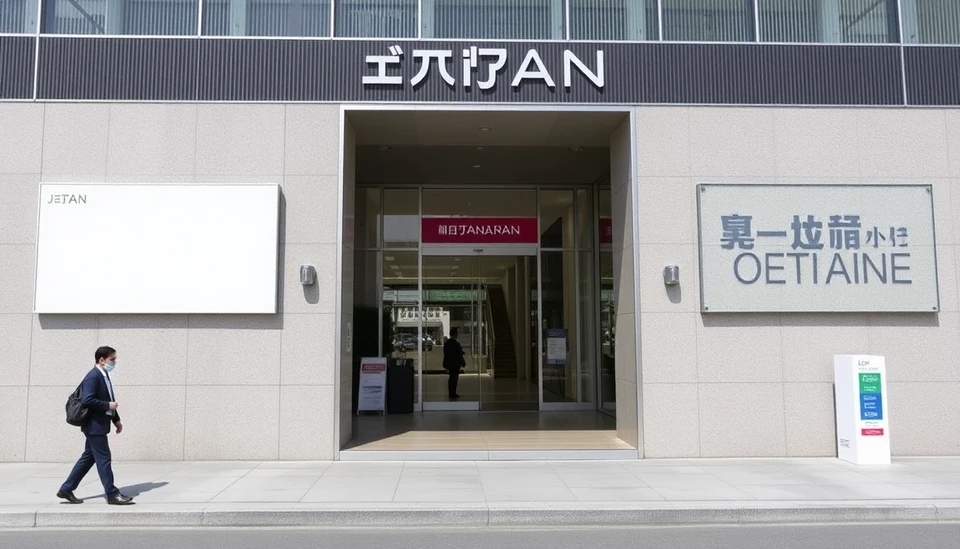
In recent financial news, traders and investors are buzzing with speculation regarding potential intervention by the Japanese government in the foreign exchange markets. This comes in the wake of ongoing pressures on the yen, which has seen significant fluctuations against the dollar. Analysts are keenly observing any signs that the Bank of Japan (BoJ) or the finance ministry may have taken steps to bolster the currency.
As of late April 2024, the yen has shown weakness with traders expressing concerns over its continuous depreciation. This has raised alarms not only within the domestic markets but also among global investors, as a weaker yen can lead to increased costs of imports and potentially stoke inflation. The economic landscape is further complicated by various external factors, including geopolitical tensions and shifting monetary policies among major economies.
The speculation of possible government intervention has been heightened by several recent actions and comments from Japanese officials. Market analysts point out that any indication from BoJ officials suggesting a readiness to step in would typically precede physical market actions. Currently, the focus is on gaining clarity on the central bank's stance, especially with regard to its recent policy meetings and press statements.
Moreover, the context of Japan’s longstanding monetary policy, which has maintained ultra-low interest rates for years, adds another layer of complexity. As other central banks around the globe begin to signal tighter monetary policies, the contrasting approach of the BoJ has the potential to exacerbate yen depreciation. The central bank's policies have historically aimed at achieving a stable inflation rate, but recent data showing a slip in consumer spending has put additional pressure on monetary authorities to act.
The situation has led to increased speculation that intervention measures may not be limited to verbal guidance but could also involve direct actions in the currency markets. Recent historical trends indicate that Japan has previously resorted to intervention during periods of excessive market volatility. Therefore, traders are especially vigilant for any signs of coordinated efforts by the BoJ alongside fiscal measures from the government.
Further complicating the situation is the effect that inflationary trends are having on consumer confidence in Japan. As global supply chain disruptions continue to affect commodity prices, the rising cost of living could influence public sentiment about government economic policies. This may lead to pressure on Japanese authorities to promptly manage exchange rates to shield consumers from further instability.
In conclusion, while rumors of an impending currency intervention loom over the markets, the potential for such measures remains uncertain. Analysts emphasize the importance of close monitoring over the coming weeks to identify any governmental signals or decisive actions from the BoJ. Investors are advised to tread carefully in the currency markets as the situation continues to unfold.
#Japan #Yen #CurrencyIntervention #ForeignExchange #BankOfJapan #FinanceNews #MarketTrends #EconomicPolicy
Author: Rachel Greene




